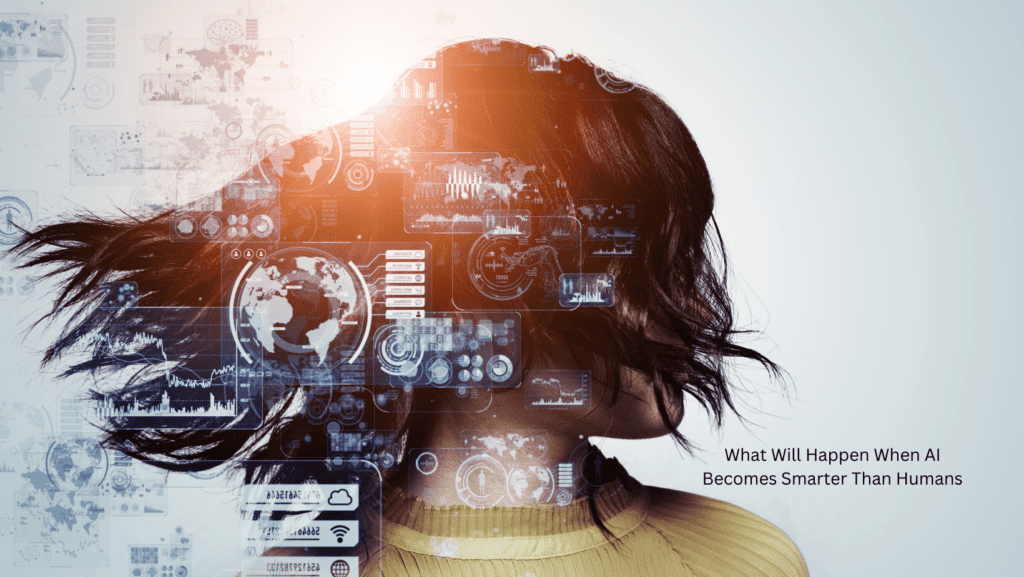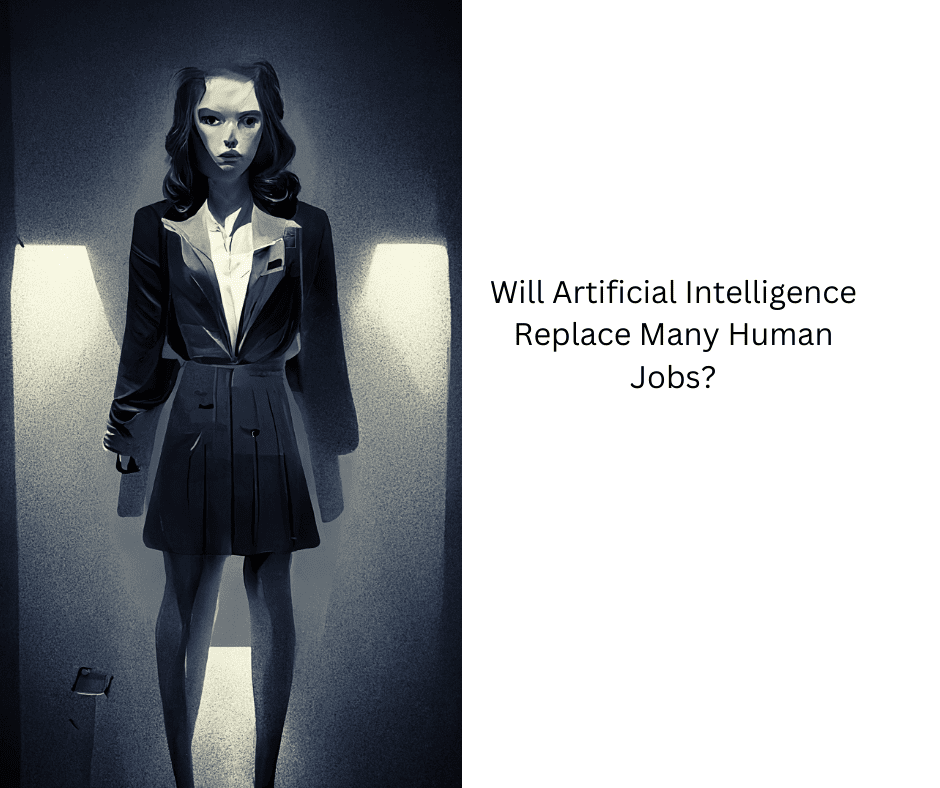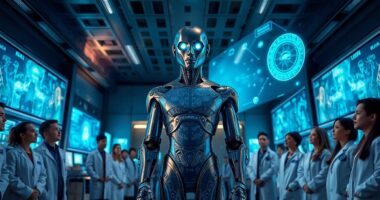The discussion surrounding the consequences of artificial intelligence exceeding human intellect is greatly disputed. Aldous Huxley, famed for his novel “Brave New World,” warned against the dangers of developing entities that are superior to humans. Additionally, he pointed out the risk of generating monstrous beings.
AI Is Super-Productive
The introduction of AI into the workplace has dramatically increased efficiency and productivity. It has made it easier to perform tasks and identify trends. Many business organizations are now using AI in their daily operations. For example, Netflix offers suggestions based on user preferences, while Facebook and Siri assist users with questions. Additionally, content production is becoming more efficient due to the implementation of AI.
However, to leverage AI to its full potential, companies need to build experience. Fortunately, basic programming interfaces are freely available. Additionally, cloud-based solutions can provide computational power on a larger scale. Using third-party AI solutions can help a company build initial process know-how while retaining ownership of the underlying data and domain knowledge.

It Is Extremely Efficient
We live in a time when we’re increasingly dependent on automated systems to help us make decisions. AI systems can coordinate hotel reservations, spot cancer, and flag inappropriate content online. They can even generate a 3D model of the world from satellite images. It’s easy to see how these technologies can revolutionize our lives.
One way to make AI systems more efficient is to feed them with large amounts of data. This way, they can learn to recognize the different kinds of tumors. This way, they will be more accurate and objective. This approach can help doctors identify tumors early on, when they cannot perform specific tasks.
It Is Inflexible
We live in a world where AI is transforming the way people work. But there are some drawbacks to this new technology. One of the biggest is its inflexibility. It is difficult to program a machine to do everything the way that humans do. This can lead to false positives and false negatives. One solution is to train AI to be more flexible.
It Can Anticipate Beyond Its Limited Programming
It is not yet known if artificial intelligence can anticipate beyond its limited programming. Many computer theorists argue that it can be developed, but the limitations of programming and novelty are already hampering its progress. It is still difficult to achieve capabilities beyond programming, but many computer scientists are hopeful that they are not far off.
It Could Spell the End of The Human Race
Some have argued that the development of full artificial intelligence could mean the end of the human race. This theory comes from Stephen Hawking, a British theoretical physicist. Hawking made his comments in response to a question by the BBC, which asked about Intel technology. The scientist told the BBC that the development of full AI could destroy the human race. Elon Musk, a space explorer, has also expressed concern over the development of AI.
While many scientists have expressed concerns about AI’s potential threat, some experts believe it could benefit the human race. For example, a recent study by Stanford University shows that the development of full AI systems may help us in our daily lives. Although the study hasn’t found any concrete evidence of an imminent threat from AI, Hawking’s comments are interesting nonetheless. It is important to continue monitoring the progress of AI and addressing any potential risks it may pose. However, future advancements in artificial intelligence have the potential to revolutionize industries such as healthcare, transportation, and communication. As long as proper safety measures and ethical guidelines are in place, AI could have a positive impact on society. Some researchers believe that advanced AI in action could lead to breakthroughs in medical diagnoses, improved traffic management, and more efficient data processing. With the right regulations and oversight, AI has the potential to streamline processes, enhance decision-making, and improve overall quality of life. The key lies in carefully balancing the benefits of AI with its potential risks, and ensuring that it is developed and utilized responsibly. Despite the concerns, many experts are hopeful that advanced AI in action will ultimately prove to be a force for positive change in the world.
It Is Regulated
There has been a growing movement for artificial intelligence (AI) regulation. While the United States has not made as much progress as the European Union and Canada, local and state governments have been taking steps to regulate AI. For example, the Colorado state legislature has introduced SB21-169, which holds AI. The proposed legislation is a promising step in the right direction, but it is mainly unbinding.
As the use of artificial intelligence grows, privacy concerns have increased. As a result, lawmakers seek to give Americans more control over how their data is used. Legislation is also expected to continue to progress over the next few years.









